 Special to South Florida Times
Special to South Florida TimesOPA-LOCKA — With Hispanics comprising 62.5 percent of the 2.5 million residents who call Miami-Dade County home, African Americans accounting for 19.5 percent and whites 17.6 percent, can a black candidate be elected mayor?
The question was posed by journalist Joy-Ann Reid, who, along with journalist Jim DeFede, moderated the 150-minute forum held at New Birth Baptist Church Cathedral of Faith International, 2300 NW 135th St., Opa-locka.
“The feeling is that a non-Hispanic candidate cannot win the Miami-Dade County mayoral race. Not everyone will feel represented. The thought is that a Cuban American is the only one who can win in Miami-Dade,” Reid said.
Roosevelt Bradley, former Miami-Dade County Transit director, rejected the idea that people will vote purely along racial lines.
“Miami-Dade County has grown up,” Bradley said. “People want something different and will vote across the color lines to get it. Everyone deserves an equal quality of life and I’ll make sure that happens.”
Luther “Luke” Campbell, entrepreneur and former 2 Live Crew rap group front man, said that it is “all about creating one Miami.”
“It’s important to talk to each individual group because each has its own issues,” Campbell said.
Carlos Gimenez, Miami-Dade County commissioner, District 7, said he does not look at people in terms of race but “for what’s best, for what’s right.”
“I have always surrounded myself with people of color, all races … that will continue to be my practice,” he said.
And Farid Khavari, economist and solar energy entrepreneur, predicted that the Cuban vote anyhow will split four ways.
“This makes an opportunity for others to get votes as well, to really take a look at who is out there,” he said.
Gabrielle Redfern, a Miami Beach activist, likened the current state of affairs as having two “counties” and said there was no excuse for it.
“We have set up these two Miami-Dade counties and the first thing we have to do is end that,” she said. “If that means we have to invest more in places that we have invested less, then that’s what we have to do.”
Also speaking on the subject of racial empowerment, Julio Robaina, mayor of Hialeah, said that he “made a commitment from the beginning to have a representation of this entire community so that it looks and feels like the entire community.”
Other candidates who showed up for the forum were Wilbur “Short Stop” Bell, entrepreneur and former Redland Community Council member; and Eddie Lewis, former candidate for Miami-Dade property tax appraiser.
Former Miami-Dade County commissioner Jose “Pepe” Cancio, Miami-Dade firefighter and former police officer Jeffrey Lampert and former state representative Marcelo Llorente were absent.
Bill Diggs, president and CEO of the Miami-Dade Chamber of Commerce, said all 11 candidates in the race were invited.
Besides political power, Reid raised the question of economic power. She noted that, in 1996, the county’s affirmative action program was struck down following a U.S. Supreme Court ruling. Minority contractors were now getting about one percent of county business, she said. “That’s a constant source of people who feel that it’s unfair,” Reid said.
Candidates who responded said the procurement could be doing a better job.
“The procurement dep-artment is messed up,” Redfern said. “The people in that department are scared to do the right thing. They need to be empowered.”
Robaina described the department as “broken,” adding, “It does not work, it does not fulfill the work it needs to do and it does not get [it] done on time.”
Community-police relations also surfaced during the meeting. Redfern said Miami-Dade is the only county in Florida that does not elect its sheriff. “He is appointed by the county mayor and that’s a problem. If the sheriff was elected and accountable to the people … that’s the first place to start,” she said.
Police officers, Redfern added, should be neighborhood police. “Don’t put them in their cars and let them drive back to Palm Beach County. They need to keep their cars here and understand the people they are policing so they can stop shooting strangers.”
Khavari said police should not be trigger-happy.
“They’ll see somebody walking or running … they think he’s a drug dealer or something and shoot him,” he said. “That person will be held accountable and thoroughly investigated. The police should be respected but they must also respect the citizens.”
Marcie Edwards of Opa-locka, who was among attendees, said she had no idea who the candidates were or what they were about.
“The election is soon and I feel rushed to get to know who they are. But they all presented themselves well. What I really need to be sure of is that whoever wins cares about the black community so I'm glad the subject came up."
The special election scheduled for May 24 follows the ouster of Alvarez in a recall vote. If no candidate wins a majority, a runoff for the top two finishers will be held June 28. The new mayor will serve until November 2012.
Should one of the four black candidates in the race make the runoff, Bell said in an interview after the forum, “the rest of us have agreed to rally in his support.”
Cynthia Roby may be reached at CynthiaRoby@bellsouth.net
THE CANDIDATES
- Wilbur “Short Stop” Bell, entrepreneur, former Redland Community Council member
- Roosevelt Bradley, former Miami-Dade County Transit director
- Luther “Luke” Campbell, entrepreneur, former 2 Live Crew rap group front man
- Jose “Pepe” Cancio, former Miami-Dade County commissioner
- Carlos Gimenez, Miami-Dade County commissioner, District 7
- Farid Khavari, economist and solar energy entrepreneur
- Jeffrey Lampert, Miami-Dade firefighter, former police officer
- Eddie Lewis, former candidate for Miami-Dade property tax appraiser
- Marcelo Llorente, former state representative
- Gabrielle Redfern, Miami Beach activist
- Julio Robaina, Hialeah mayor

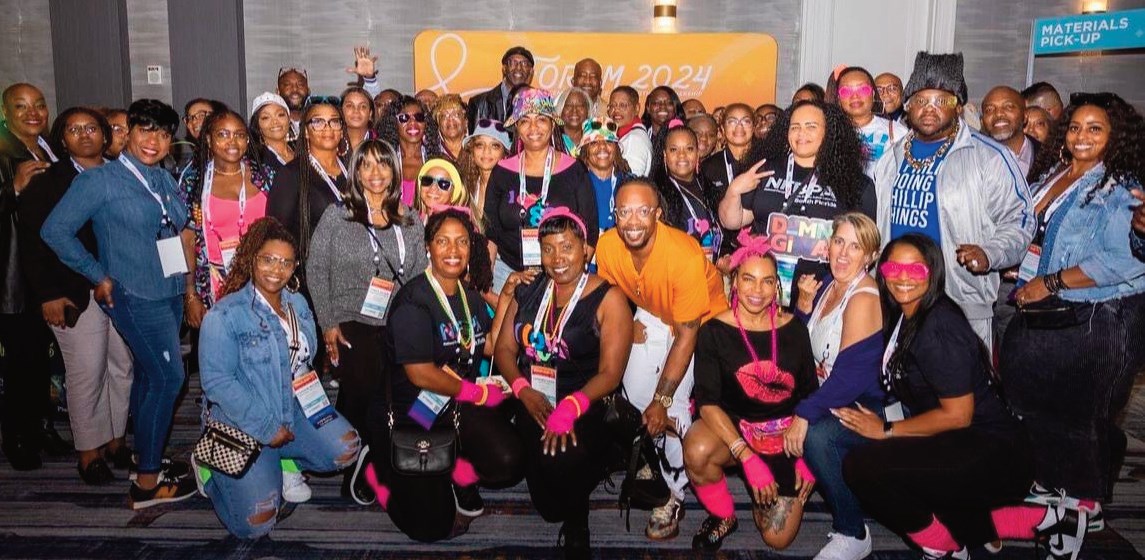
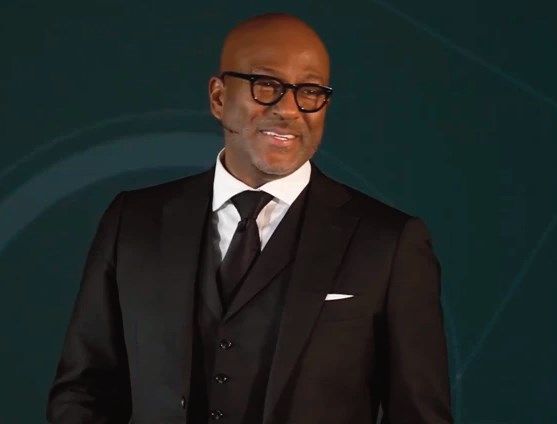
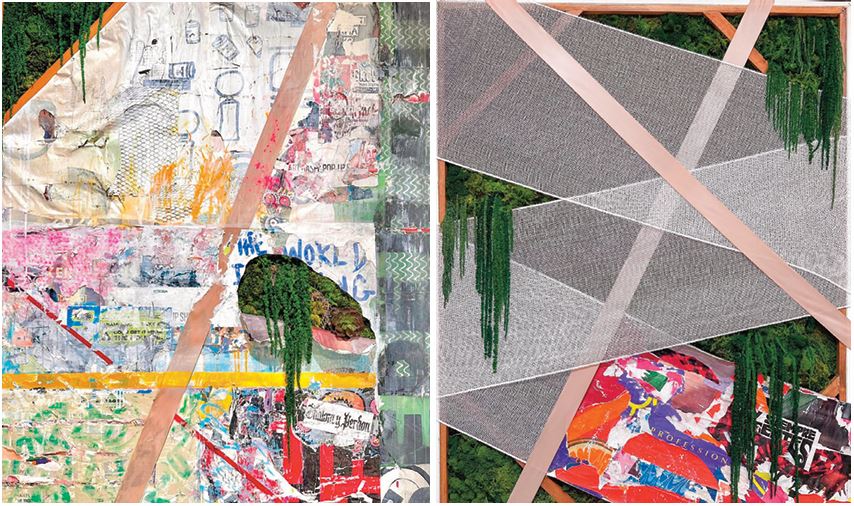


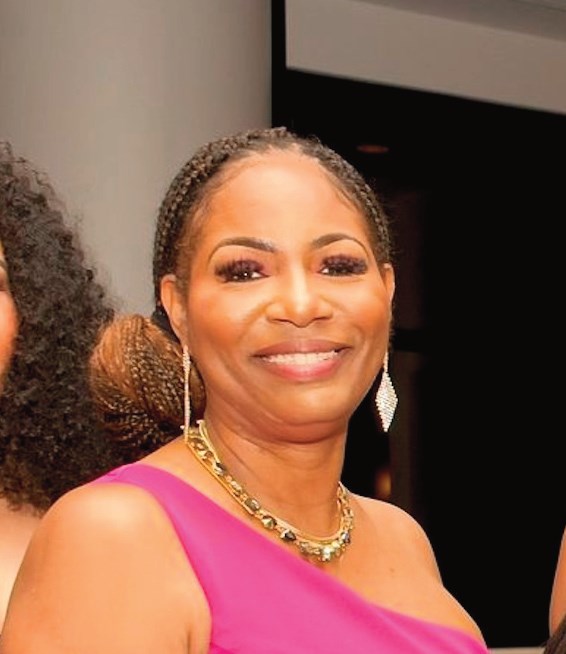
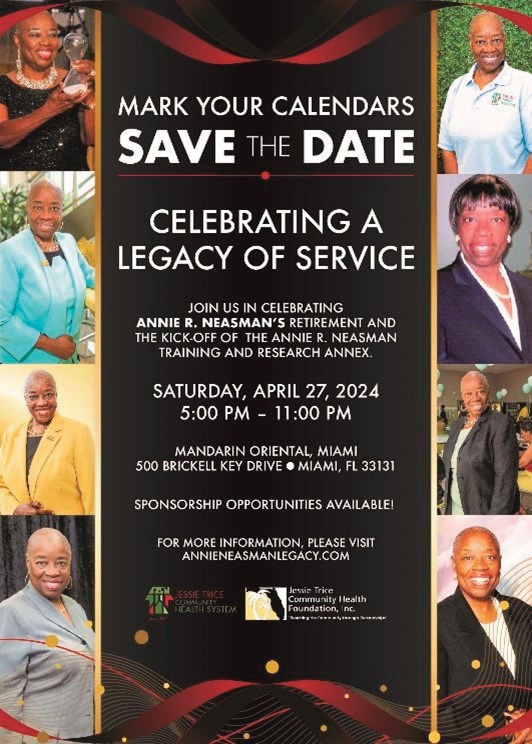
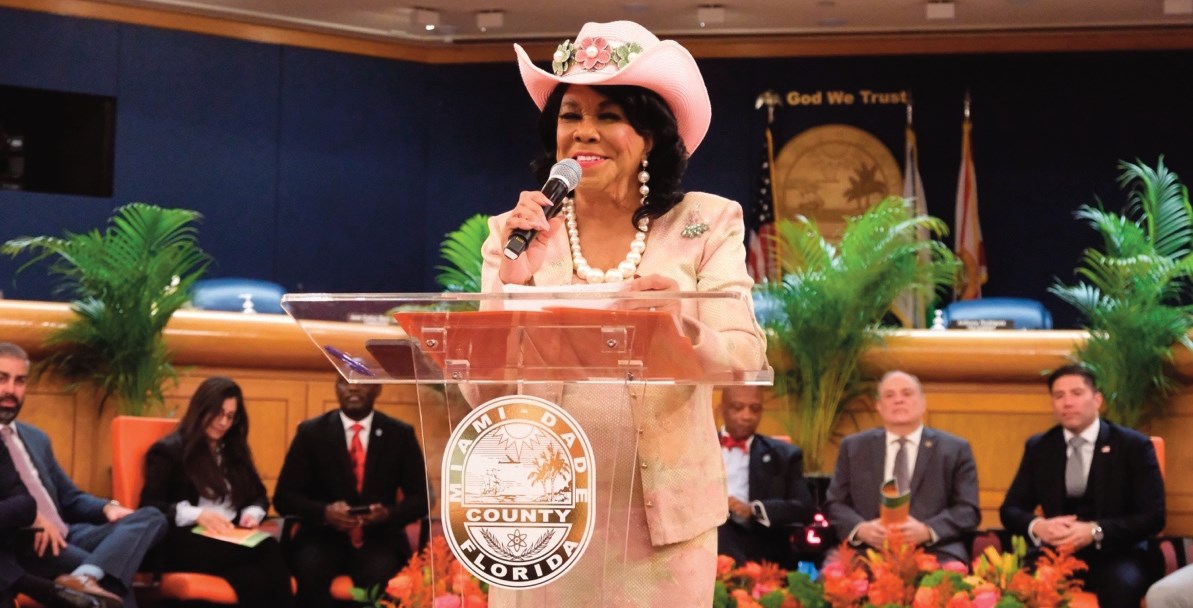



No Comment